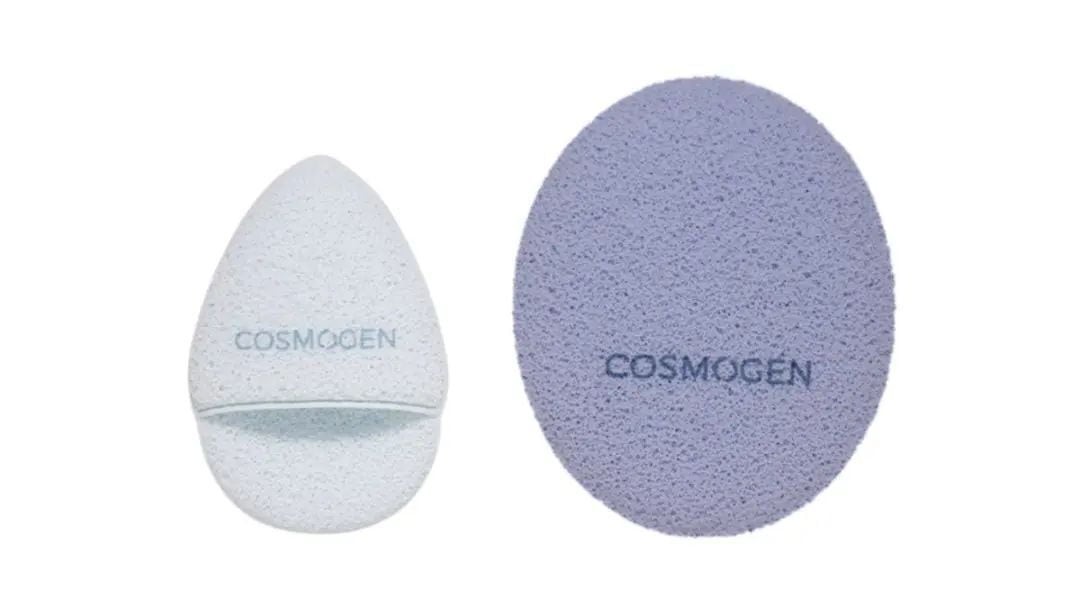The cosmetics industry has a fast cycle of product consumption and replacement, with a high volume of plastic discarded after use, making a switch to the use of environmentally friendly materials essential. Due to the recent strengthening of environmental regulations such as the introduction of a carbon border tax in the European Union, many global cosmetic companies have announced their commitment to attaching a carbon footprint to their products and expanding the use of eco-friendly materials by 2030.
Recently, Cosmogen, a French cosmetics company, launched sponge products made of bio-based polyurethane, a material made from corn, cassava, sugarcane juice, castor oil and plant pigments.

This bio-based polyurethane sponge material can be made into a powder puff for make-up and a sponge for washing your face.
Nowadays, human beings are trying to find reasonable answers to the question of sustainability, which is a matter of survival, in various ways, and the fashion industry is no exception.
The fashion industry, as the world's second most polluting industry after oil, is becoming more and more vocal about the importance of environmental protection in the industry, and more and more fashion companies, apparel manufacturers, and consumers are committing themselves to sustainability and sharing their social responsibility.

